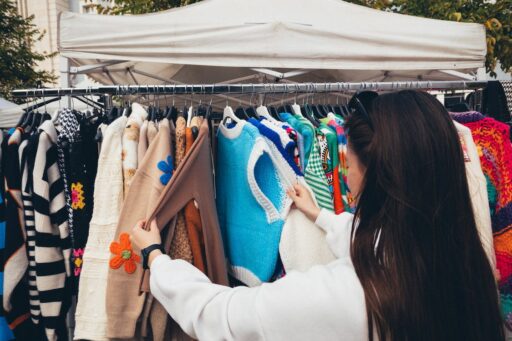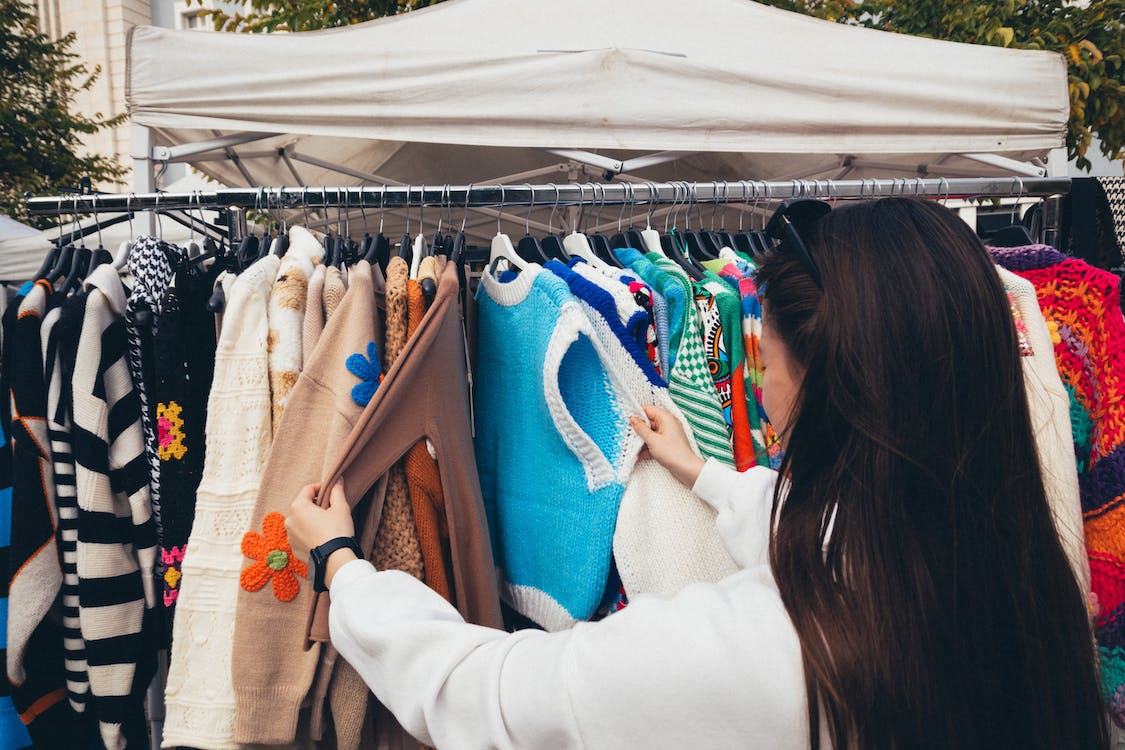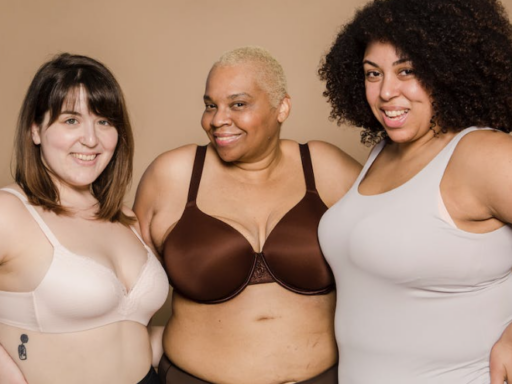Affordable, Stylish, and Environmentally Friendly Choices for Conscious Consumers
The rise of sustainable fashion stands as a beacon of positive change within the industry, ushering in a new era that transcends fleeting trends. It embodies a conscious commitment to minimizing the ecological footprint and prioritizing ethical practices, challenging the conventional norms of the “fast fashion” model.
“Fast fashion is not free. Someone somewhere is paying”
-Lucy Siegle
Sustainable fashion operates at its core on principles of environmental responsibility, social equity, and ethical production. It goes beyond just creating stylish apparel; it seeks to redefine the very essence of the fashion industry, emphasizing longevity, mindful consumption, and responsible production practices. By embracing sustainability, the fashion world moves towards a more harmonious relationship with the planet and its people, fostering a positive transformation that extends beyond the runway into the ethos of everyday choices.
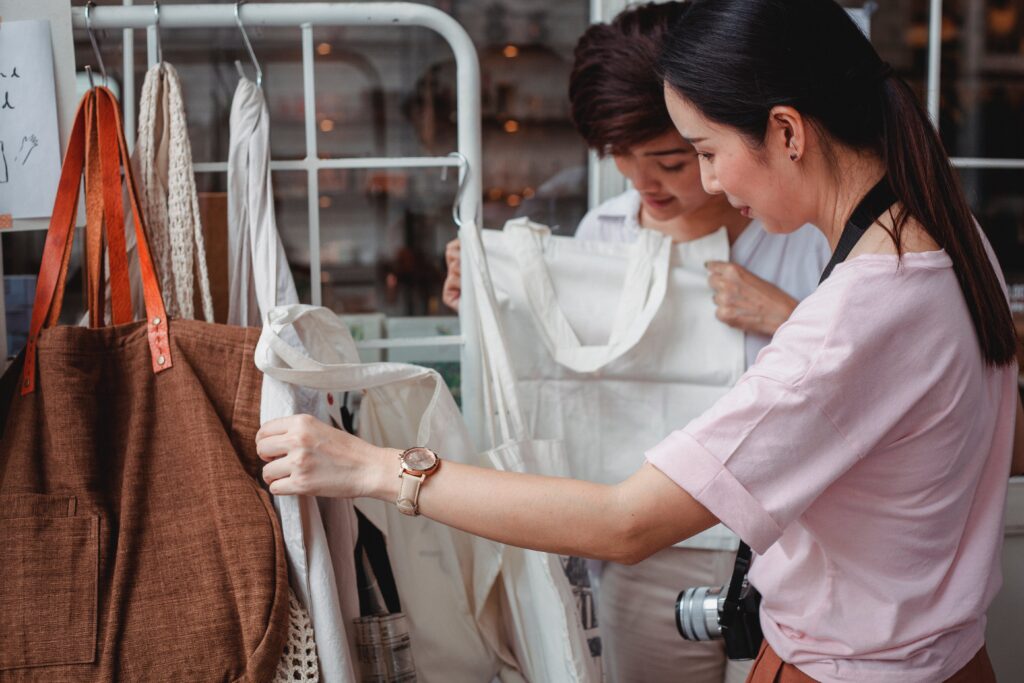
The essence of sustainable fashion
Sustainable fashion embodies vital principles, including ethical sourcing, to minimize
environmental harm and ensure fair labor practices throughout the supply chain. The
emphasis is on reducing the environmental impact of production, encompassing
resource consumption, water usage, and waste generation. In sustainable fashion, a
commitment to a circular economy is paramount, encouraging recycling, upcycling,
and creating garments with a longer lifespan to reduce the need for constant
production. Fundamental to this ethos is fair labor practices, ensuring that workers
involved in production are treated ethically and work in safe conditions.
Affordable choices with lasting impact
Choosing sustainable fashion offers a myriad of benefits. While sustainable fashion
may come with a higher initial cost, the durability of well-made, timeless pieces often
translates into long-term economic savings, requiring less frequent replacement.
Supporting sustainable fashion brands endorses ethical labor practices, fair wages,
and a commitment to social responsibility, positively impacting communities.
Moreover, pursuing sustainability in fashion stimulates innovation in materials,
manufacturing processes, and design, fostering creativity and propelling the industry
toward more eco-friendly practices.
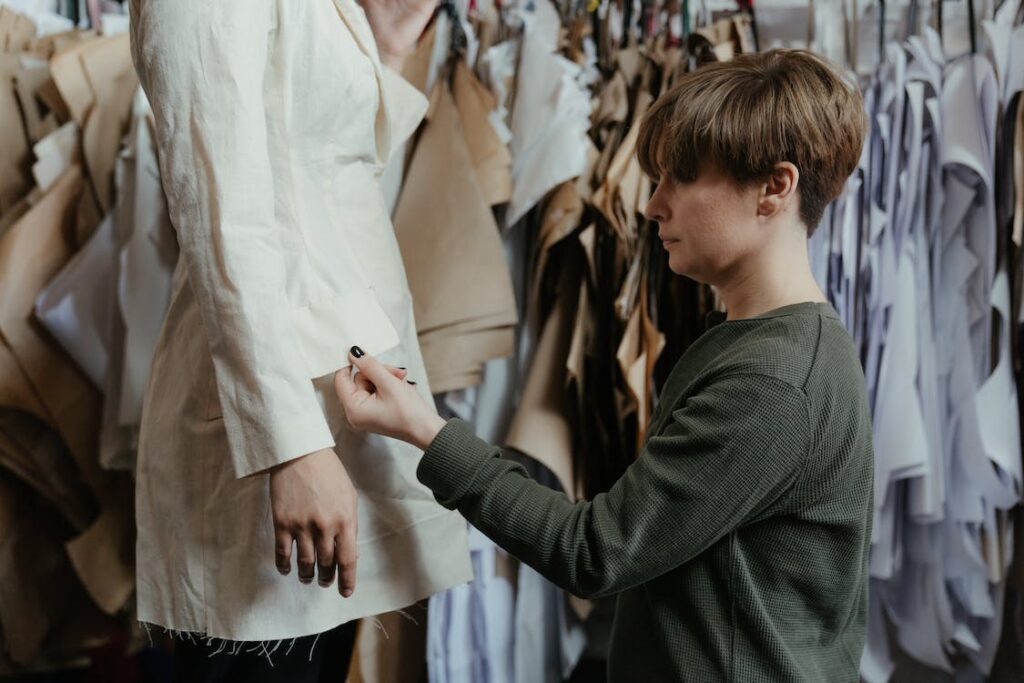
Guiding principles for Mindful Consumption
Embracing sustainable fashion involves mindful consumer choices, opting for quality
over quantity, and investing in timeless pieces that withstand trends. Researching
and supporting brands prioritizing sustainability, transparency, and ethical practices
are crucial in aligning personal values with fashion choices. Exploring the charm of
secondhand and vintage fashion contributes to the circular economy by giving
pre-loved items a new life. Staying informed about sustainable fashion practices,
materials, and certifications empowers individuals to make more mindful decisions,
fostering a deeper understanding of the impact of their choices
Informed choices for a sustainable future
Sustainable fashion is not just a passing trend; it represents a dedicated commitment to fostering a more responsible and harmonious coexistence with our planet. Its transformative power emanates from the collaborative endeavors of consumers, designers, and industry leaders, collectively creating a positive force for change within the world of style. Esteemed for its environmental responsibility and ethical production principles, sustainable fashion serves as a testament to conscious living, challenging the status quo and inspiring a shift towards more mindful consumption.

At its core, sustainable fashion calls for a reconsideration of the prevailing norms in the industry. It emphasizes the importance of transparency in the production process, fair labor practices, and the use of eco-friendly materials. By prioritizing these principles, sustainable fashion becomes a powerful vehicle for individuals to contribute actively to a positive transformation within the fashion industry. As consumers align their choices with sustainability, they pave the way for a more ethical and eco-friendly future, influencing the broader fashion landscape.
In embracing sustainability, individuals become catalysts for change, creating a ripple effect that extends far beyond personal wardrobes. The impact is felt in the choices made by designers and manufacturers, ultimately shaping the future trajectory of the fashion industry. Through a collective commitment to sustainable practices, the fashion world can evolve into a more responsible and environmentally conscious domain, where style and ethics seamlessly coexist, marking a significant step towards a brighter and more sustainable future.

